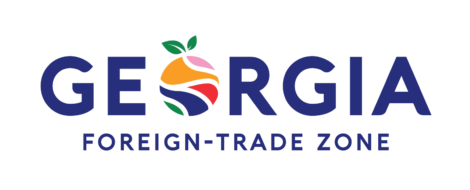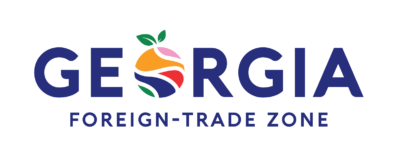US FTZs Supplement Cargo Security Corporate Initiatives
By Brandi Hanback, Managing Director, Rockefeller Group Foreign Trade Zone Services
Foreign-trade zone benefits support efficient flow of merchandise to, from and in between U.S.-based manufacturing and distribution facilities equating to financial and time savings.
Financial savings are derived from a combination of benefits including traditional duty savings of deferral, reduction and/or elimination. Instead of paying U.S. duty when a shipment arrives at a U.S. port, duty payment is deferred until the goods are actually withdrawn from the zone for consumption in the U.S., providing valuable cash flow benefits. Goods from overseas are deconsolidated and inspected. And in some cases repairs, repackaging, labeling and marking may be performed to prepare the goods for final sale. For those products exported out of the FTZ, U.S. duty is eliminated entirely upon export of the goods from the FTZ. Returns to vendors or destruction of product in the zone may also supplement duty elimination benefits in FTZs.
In addition to duty savings, FTZ usage as part of an integrated supply-chain strategy can result in lower inventory levels and expedited movement of goods to and from the zone. Direct delivery provides for imported shipments to move directly from the port of unloading to a U.S. manufacturing or distribution facility in-bond, eliminating certain types of delays that can be associated with Customs entry at the port. Outbound, FTZ users may qualify for weekly entry procedures allowing for one weekly entry summary for all goods shipped from the FTZ over a seven-day period. For high volume, 24-7 operations, weekly entry equates to flexible and just-in- time delivery schedules to customers. It also allows fewer Customs entries driving associated administrative savings in the form of customs broker filing fees and merchandise processing fees. From an import compliance perspective, by filing Customs entries after goods have been physically received, verified and shipped, high-volume importers find that FTZs support their Customs compliance efforts by allowing for more accurate Customs reporting and reduced post- entry adjustments and amendments.
Companies can also position themselves to realize FTZ benefits throughout the supply chain for inventory moves between facilities using zone-to-zone transfers. Transfer of title can be performed in an FTZ, providing flexibility in support of vendor-managed inventory strategies. For new or expanded capital investments in the U.S., certain FTZ benefits can also apply to imported production equipment for use in the zone. Given the high value and extended time frame for shipping, assembly and testing of production equipment associated duty benefits can be significant.
Finally, for those companies looking to manufacture, assemble, process and even repackage in an FTZ, duties may be reduced by electing to pay duty on a lower duty-rate finished good as compared with a higher duty-rate imported components. Value-added activity is encouraged in the U.S. while equalizing the duty treatment with products finished abroad and imported into the U.S. without the addition of U.S. labor or inputs.
While FTZs are flexible regarding operational set up, they are secure areas requiring physical security as well as access and inventory controls. As such, FTZs complement and support secure supply chains. Participants in the Custom-Trade Partnership Against Terrorism should know that U.S. Customs and Border Protection recognizes use of U.S. FTZs as a C-TPAT best practice.

